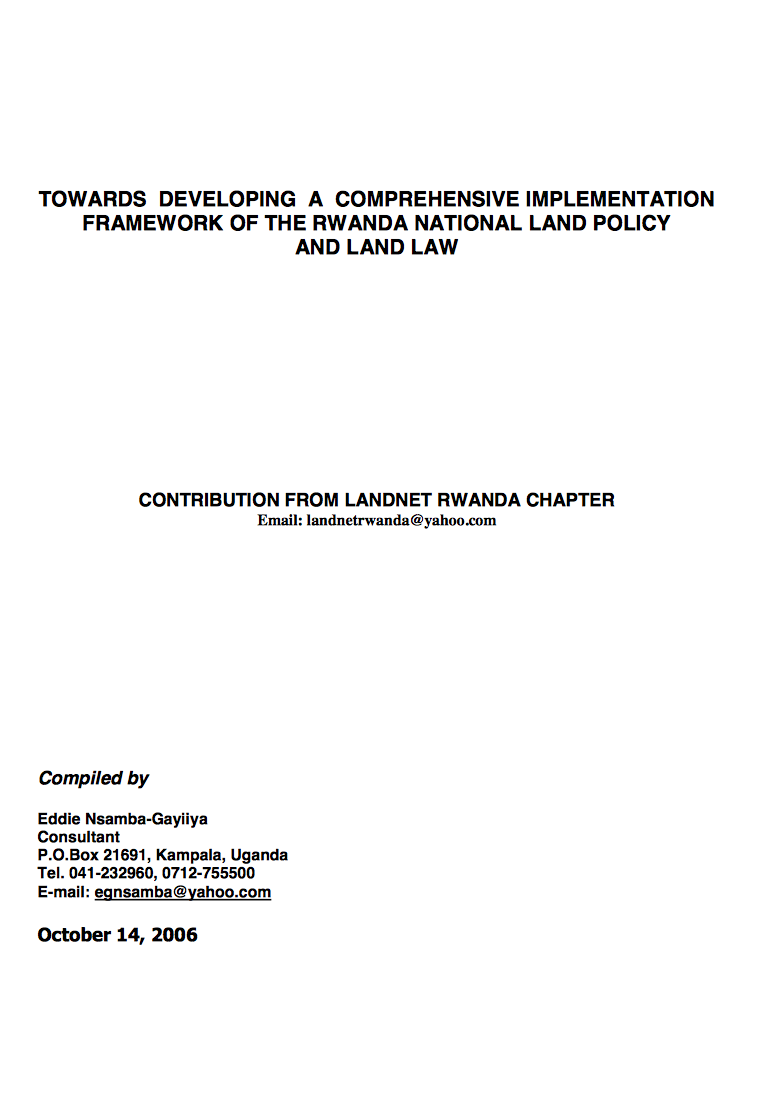We are an international development consultancy working to improve the wellbeing and opportunities of poor and vulnerable people, by supporting sustainable economic and social development.
For more than 30 years we have provided consultancy and research for clients globally. Our technical services include evaluations and reviews and research, training, programme design, policy analysis and advice, in the areas of aid effectiveness, public policy and management, and land, livelihoods and natural resources. Our experience cuts across sectors, issues and disciplines; we believe strongly in the value of cross-learning that is facilitated by this multi-disciplinary approach.
Our excellence comes from our people. In addition to our core group of Principal Consultants, we have close relationships with a network of international and nationally-based Associates. This enables us to bring deep understanding of the contexts in which we work, and sensitivity to the particular circumstances of stakeholders at national and sub-national levels.
Our shared focus on poverty reduction underpins our strong ethical stance: we choose research and consultancy assignments that we believe will make real contributions to positive change.
Mokoro is a not-for-profit organisation, a company limited by guarantee under UK law. We are governed and run by our members and staff. We foster a high level of self-management and autonomy, based on mutual respect and a shared commitment to Mokoro’s vision and mission. All members, staff and consultants are encouraged to contribute to Mokoro’s corporate development.
Members:
Resources
Displaying 36 - 40 of 53Independent Review of Land Issues, Volume III, 2006-2007, Eastern and Southern Africa
This review of land issues in twenty countries in Southern and Eastern Africa is the third since 2004. The idea of conducting a regular review arose in an informal meeting of land rights activists in Pretoria in 2003 concerned about the seeming lack of progress with land reform in the region and what might be done to improve land rights delivery. It was recognised that there was a lack of systematic information as to what was actually happening and the need to track the progress of the various national programmes underway, as well as monitor land rights under serious threat.
Literature Review of Governance and Secure Access to Land
Includes why is secure access to land important; secure property rights, economic growth and social justice; the scale of insecure access to land; political contestation; the role of donors; IIED v FIG, contrasting ways of looking at land issues; governance and corruption; recourse to legal remedies; struggling for urban survival; aid instruments; lessons and recommendations from the literature – the IIED school, FAO and EU guidelines.
Towards Developing a Comprehensive Implementation Framework of the Rwanda National Land Policy and Land Law
Examines critical land issues and land related problems; the National Land Policy in the context of the national development agenda; global experiences and best practices in land reforms and implementing land policies, especially in post-conflict situations; implementation challenges; towards developing a comprehensive framework for implementing the NLP and the Organic Land Law (including a check list). Section on insights and lessons from global experiences.
A Review of DFID’s Engagement with Land Reform in Malawi
Includes experience with land policy development in the region, the Malawi National Land Policy and its implementation strategy, the emerging land market, social protection and economic growth and DFID’s support to date. Among the options suggested to DFID are a more inclusive project, low cost strategic engagement or withdrawal from the land sector. Argues the need for DFID support for public information and awareness and for civil society organisations. Contains a draft legal brief on customary title in Malawian law as an annex.
DFID Support to the Kenya Land Reform Process
Contains background to DFID Kenya support to the land reform process; problems and constraints; the Njonjo Commission and Report; the Constitution of Kenya Review Commission; the land policy process; the Kenya Land Alliance; possible future KLA activities for DFID support; the role of civil society in the land policy development process in the region; possible future DFID support to the Kenya Government land reform process; overview of the land reform work being undertaken (by government, business, donors); proposed DFID assistance to the Ministry of Lands for a land policy review.



